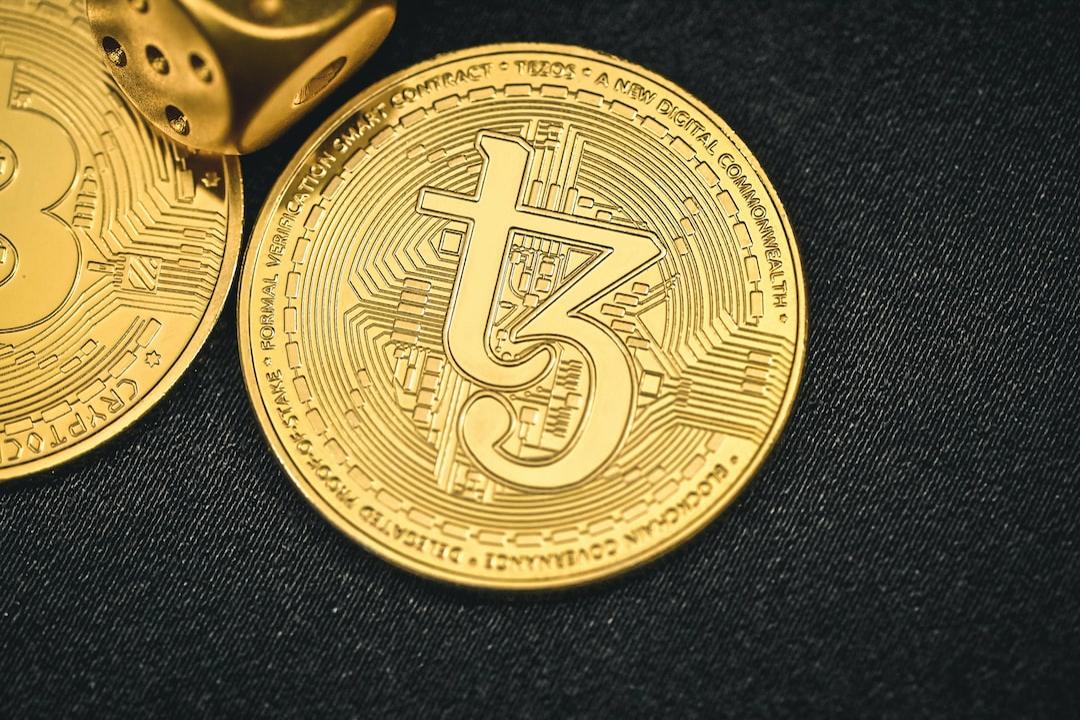PayPal has made an exciting announcement today regarding the launch of its stablecoin, PayPal USD (PYUSD), on the Solana blockchain. This move comes after the successful launch of PYUSD on the Ethereum mainnet in August 2023, following nine months of development. By expanding to Solana, PayPal aims to enhance the functionality and accessibility of PYUSD by leveraging Solana’s cost-effective and high-throughput capabilities.
So, why did PayPal choose to expand its stablecoin to Solana? Firstly, Solana offers cost-effectiveness, allowing for more efficient and affordable transactions. Additionally, Solana boasts high throughput and speedy settlement, ensuring quick and seamless transactions for users. Lastly, token extensions on Solana provide an opportunity to expand the functionality of PYUSD for compliance purposes.
PayPal’s decision to build on Solana is outlined in an open letter, which can be accessed via the link provided by Solana in their tweet. This demonstrates the company’s commitment to transparency and open communication with its users.
PayPal’s strategic approach to driving adoption for PYUSD involves three stages: awareness, utility, and ubiquity. In the awareness stage, PayPal introduced PYUSD to over 100 million US users by integrating it with PayPal and Venmo apps on the Ethereum blockchain. This targeted early adopters, who play a crucial role in spreading awareness about PYUSD.
The utility stage focuses on making the technology practical for everyday transactions. PayPal has previously found success in this area through its partnership with eBay, which created trust between buyers and sellers. For PYUSD, utility means ensuring cheap and fast transactions that can be used for day-to-day payments. While Ethereum raised awareness for PYUSD, it fell short in meeting all these requirements. Therefore, the decision to issue PYUSD on Solana, known for its cost efficiency and high throughput, was made.
Looking ahead, PayPal envisions PYUSD becoming a mainstream payment method on the Solana blockchain. This involves integrating PYUSD into various conventional applications, making it a natural part of people’s lives. PayPal aims to achieve this by enabling faster and cheaper transactions and ensuring PYUSD can seamlessly operate on a decentralized multi-chain architecture.
In summary, PayPal’s move to launch PYUSD on the Solana blockchain is driven by its desire to increase awareness, utility, and ubiquity for its stablecoin. By leveraging Solana’s capabilities, PayPal aims to provide a more cost-effective and efficient payment solution for its users.


